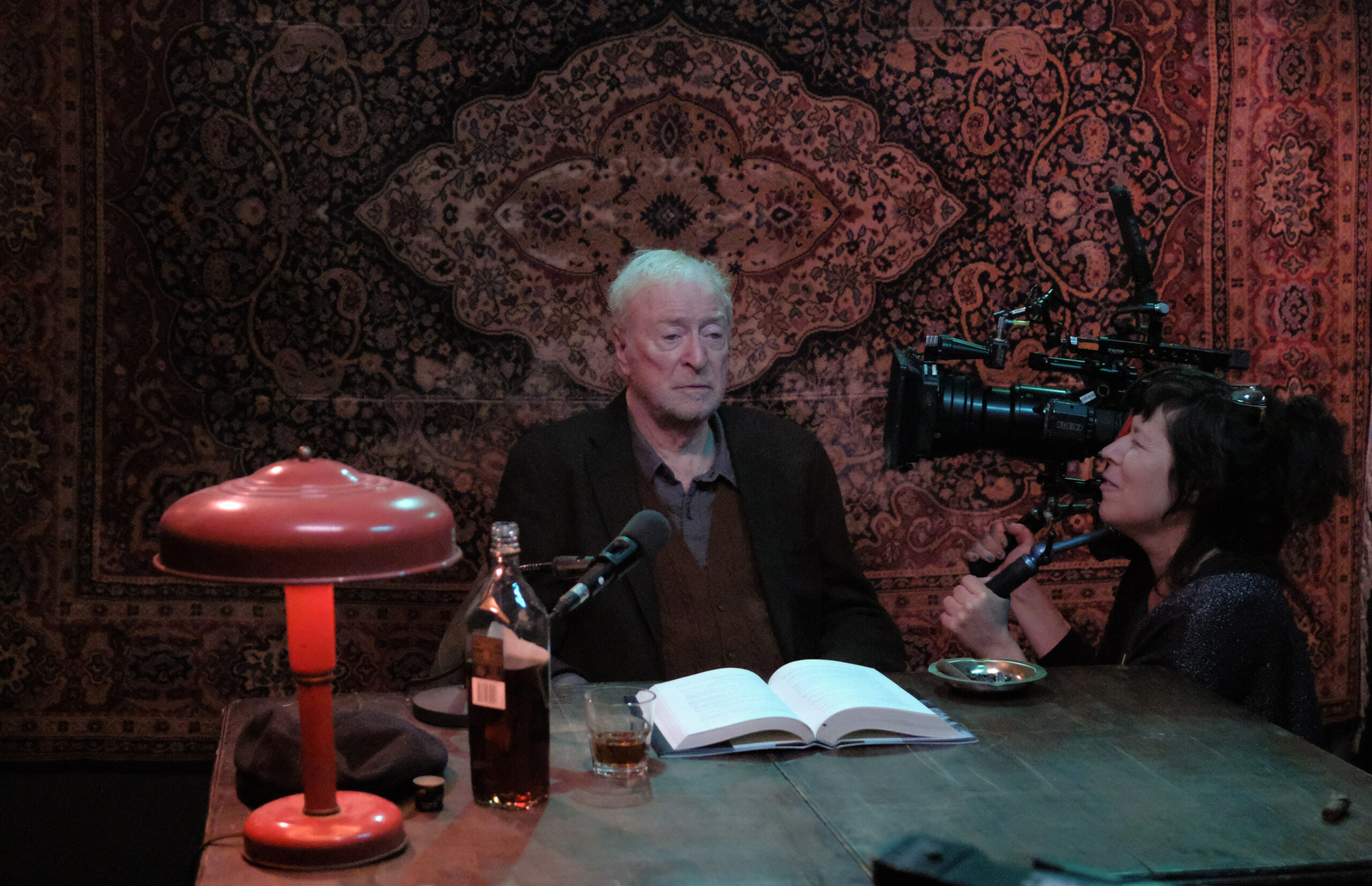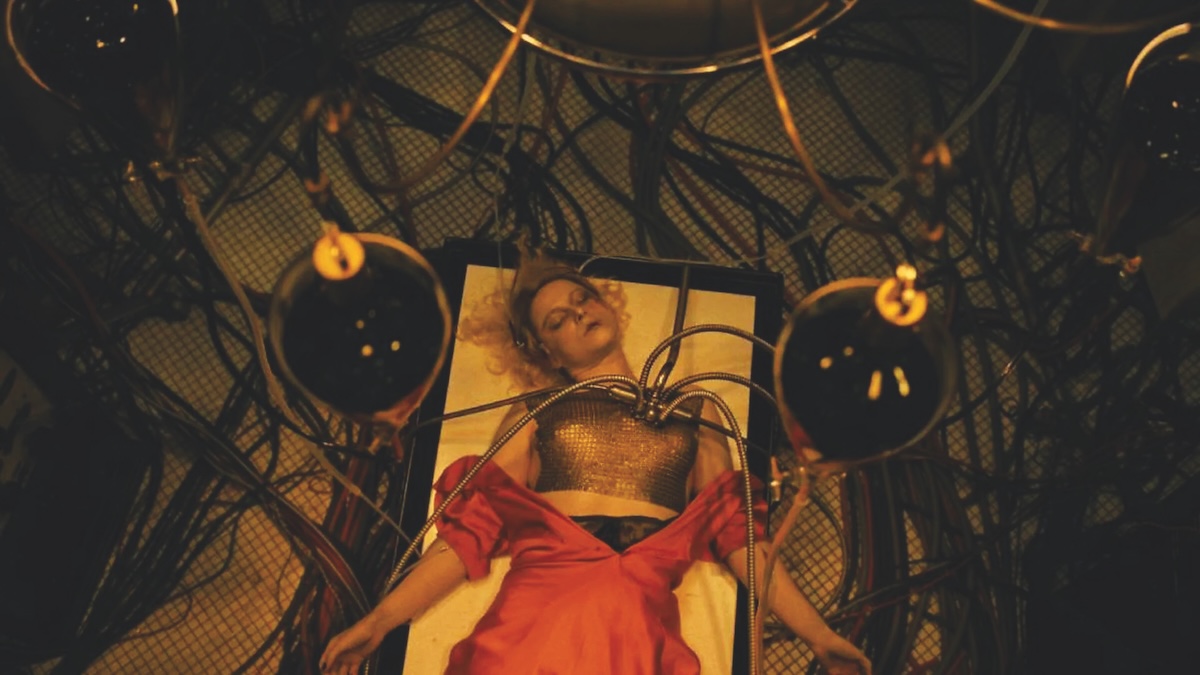Michael Caine and Aubrey Plaza are the movies’ new fun couple. Roll that one around in your mind for a minute and see how it feels. Pause … uh, we didn’t think so either.
The idea of a Caine-Plaza “chemistry” is only the most prominent of the hurdles that Best Sellers faces as it sidles unsteadily into theaters. We’re asked to consider several dubious propositions in actor-turned-director Lina Roessler and first-time screenwriter Anthony Grieco’s light-dramatic character study. The question of just exactly what longtime A-list movie star Caine is going to do when he suddenly finds himself in a room with mumblecore veteran Plaza—the scowling face from Parks and Recreation and Safety Not Guaranteed—is not an idle worry. Everyone involved spends a tantalizing 100 minutes looking for the answer.
We have to give them credit for trying. There’s the germ of an alert little narrative struggling to get out from under the tale of a neophyte New York businesswoman (Plaza’s Lucy) trying to pull her inherited book-publishing business back into viability, and the egocentric, self-pitying, alcoholic senior citizen (Caine’s Harris) who once had a best-seller with the same publisher, and who now becomes the publisher’s best and only hope.
How and why Lucy and her assistant Rachel (Ellen Wong) fasten on semi-coherent has-been Harris as their savior is a more interesting thread than the clichéd odd-coupling. Again and again, it’s made clear that no one reads hardcover books any more. At the barroom readings they set up for him, the millennial audiences delight in Harris’ drunken rants, yet nobody wants to actually buy his new title, The Future is X-Rated. They want the T-shirt instead. The filmmakers take unashamed advantage of Harris’ resemblance to the Winnebago Man. Or Hunter Thompson, or Charles Bukowski—take your pick. He’s a figure of fun, this hoary octogenarian loudly calling “Bullshite!” on everything he sees. Harris goes viral, naturally. His book is trending. It’s right up there on the charts with Obese Cats.
The screenplay glosses over some of the more ironic goings-on. Like the fact that admin assistant Rachel knows 10 times more about lit crit, the book biz and publicity than does her dilettante boss. “Trust Fund” is Rachel’s nickname for Lucy. As if trying to clear out all the unnecessary plot points before getting into the implied inter-generational romantic clinch—it could never happen—the action short-changes subplots as well as cameos. An annoying ex-boyfriend and rival bookseller (Scott Speedman) pressures Lucy to sell the business as it slowly rots. Cary Elwes appears as the effete New York Times book reviewer; for a few dollars more, the production might have gotten Michiko Kakutani. An airhead best-selling author (Veronica Ferres) is trotted out as an example of everything Harris is not. But the marketplace has already decided: they want the crazy old man.
The Aubrey Plaza we think we know—the evil nun in The Little Hours, Robert De Niro’s heckler in Dirty Grandpa, the world’s most annoying zombie in Life After Beth—would use doddering Harris as a toothpick. The “new look” Plaza has it easy. Lucy is never shown actually line-editing the new book—it’s in Harris’ contract, no edits allowed—and she has no time for a sex life.
Suddenly, in the last quarter, our eyes snap open and we say: Wait a minute, is this trip necessary? We realize the “relationship” is never going to get off the ground. Caine’s part wasn’t written that way, and Plaza is barely credible as a sweet-natured do-gooder. So the book-biz disappointment takes center stage, weakly. The film’s publicity has the nerve to use one of the oldest taglines in existence, the one about how the characters’ lives are changed “in ways they didn’t expect.” Bullshite. Every single thing that happens in this time-waster is completely and predictably expected. No bookmarks needed.







